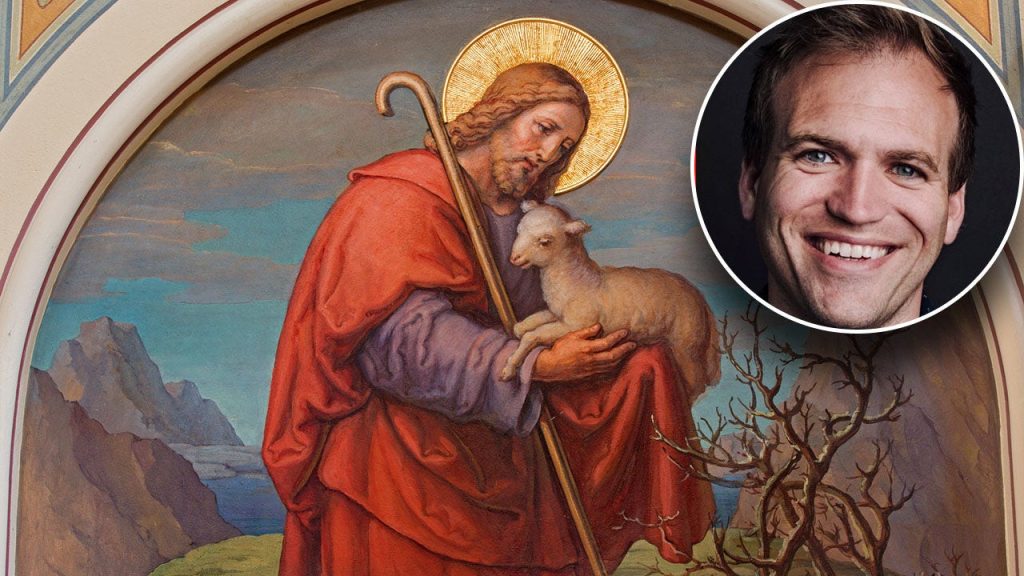The Gospel of John contains a well-known statement where Jesus refers to himself as the “good shepherd.” This analogy holds significant meaning, particularly in biblical times when shepherds and sheep were common. Shepherds were responsible for caring for and protecting their sheep, even to the point of laying their life down for them. Evangelical leader Rev. Johnnie Moore emphasizes the relevance of this analogy, highlighting the impulsive and rebellious nature of sheep. Without a shepherd, they are helpless and easily led astray. Good Shepherd Sunday serves as a reminder that despite our modern advancements and perceived security, humans still need the guidance and care of a shepherd, in this case, God.
In biblical times, shepherds would often carry injured sheep around their necks or break the leg of a rebellious sheep to protect it from harm. This sacrificial and nurturing aspect of the shepherd’s role is reflective of the care and guidance that God provides to his people. In times of distress, sickness, or rebellion, the shepherd remains close, ensuring the well-being and safety of the sheep. The analogy of the shepherd and his flock serves as a powerful reminder of God’s unwavering presence and protection, especially during life’s challenges and difficult moments. Rather than questioning why difficulties occur, it is more important to focus on the comforting presence of God during these times.
Skeptics may question the existence or reliability of God based on the presence of hardship and struggles in life. However, Rev. Johnnie Moore emphasizes that the key question to ask during tough times is not why but rather who God is in our lives. Despite the trials and tribulations we may face, God remains a trustworthy and constant presence who never abandons his people. The shepherd analogy underscores the idea that God’s love and care are unwavering, even when circumstances seem bleak. By placing their hope and trust in God, believers can find comfort and strength in knowing that God will never forsake them.
The Easter season serves as a time to reflect on the resurrection of Jesus Christ and the new life that it brings to believers. Just as the shepherd cares for and protects his flock, Jesus’s sacrifice and resurrection offer hope and redemption to all who believe in him. The symbolism of the Good Shepherd continues to be relevant today, reminding Christians of the enduring love and guidance that God provides. Despite the challenges and uncertainties of life, God remains a faithful and compassionate shepherd who leads his people through every trial and tribulation. Faith in God’s unwavering presence and care offers solace and strength, even in the darkest of times.
As believers navigate life’s ups and downs, the analogy of the shepherd and his flock remains a poignant reminder of God’s loving and protective nature. In times of trials and difficulties, God stands as a constant companion, guiding and guarding his people with unwavering love and compassion. The shepherd’s commitment to his flock mirrors the depth of God’s care and dedication to those who put their trust in him. By recognizing God as the ultimate shepherd in their lives, Christians can find peace and security in the knowledge that they are never alone. The Good Shepherd Sunday serves as a powerful reminder of God’s enduring love and protection, offering solace and comfort to believers in all circumstances.













